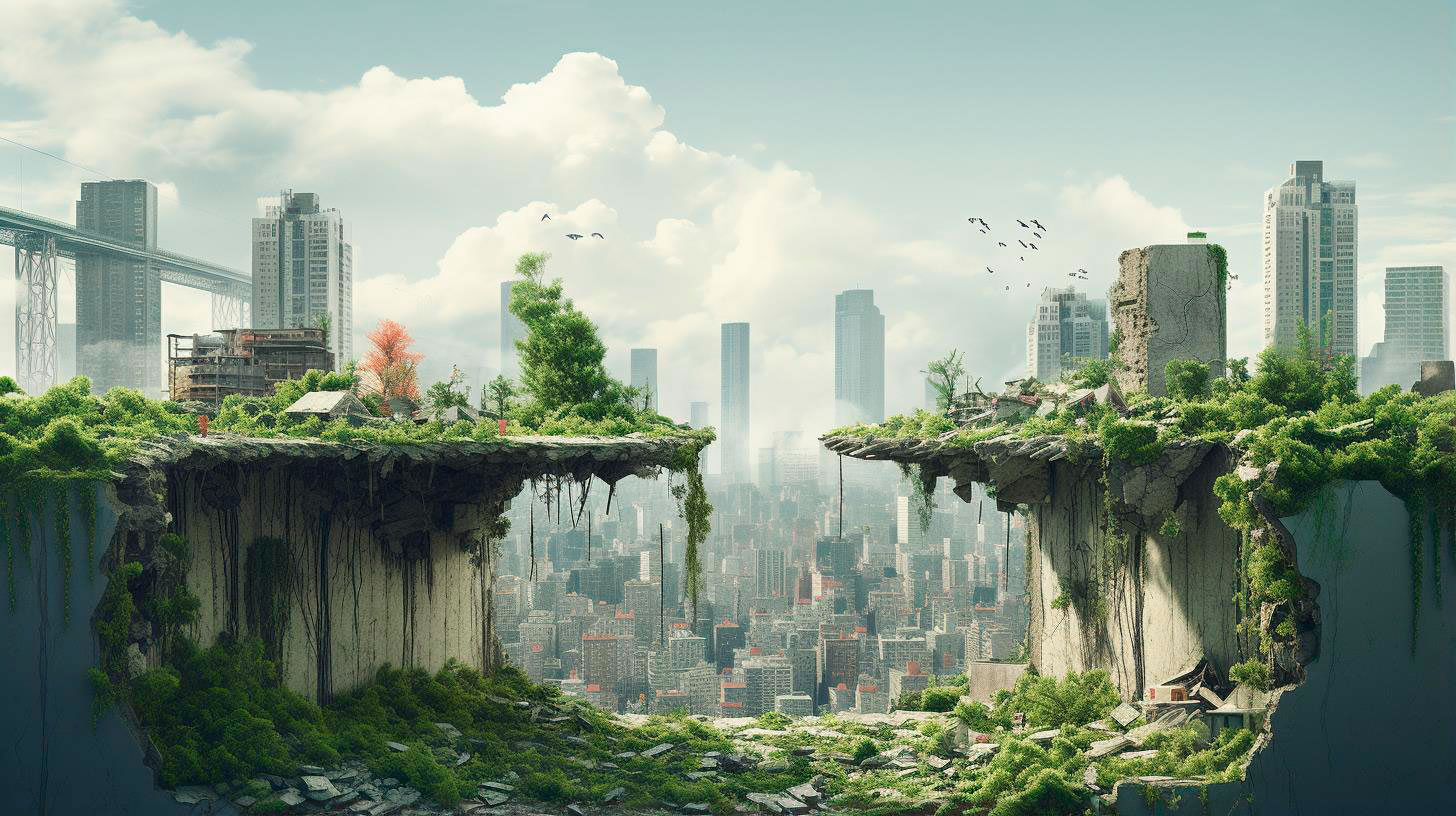In this article, we will delve into the dynamics of public opinion surrounding nuclear energy, explore the factors that influence these shifting views, and highlight the importance of sustainable development in the conversation.
The Status Quo of Nuclear Energy
Nuclear energy, also known as atomic energy, is derived from the powerful reactions that occur within the nucleus of an atom. This energy source has been harnessed to generate electricity for over six decades. Currently, nuclear power accounts for approximately 10% of the world’s electricity generation.
Despite its contribution to the global energy mix, nuclear power is a topic of debate due to concerns over safety, waste management, and the potential for nuclear weapons proliferation. These concerns, coupled with past nuclear disasters such as Chernobyl and Fukushima, have prompted public skepticism and activism.
The Shift in Public Opinion
Over the years, public opinion on nuclear energy has undergone a significant shift. Previously perceived as a promising solution to the world’s energy needs, nuclear power has gradually fallen out of favor. Several key factors have contributed to this change:
- Safety Concerns: Nuclear accidents and disasters have raised concerns over the safety of nuclear power plants and the potential for catastrophic events. The memories of Chernobyl and Fukushima still linger in the public’s consciousness, magnifying anxieties regarding the construction and operation of such facilities.
- Waste Disposal: The disposal of radioactive waste is a significant challenge associated with nuclear energy. The long lifespan of radioactive materials and the potential risks they present have fueled public apprehension about the environmental impact of nuclear power.
- Renewable Energy Alternatives: The proliferation of renewable energy sources, such as solar and wind power, has provided viable alternatives to nuclear energy. The declining costs and increased efficiency of renewable technologies have shifted public attention towards clean and sustainable energy solutions.
Sustainable Development and Nuclear Energy
As the world grapples with the urgent need to address climate change and achieve sustainable development goals, the role of nuclear energy in this context becomes significant. Proponents argue that nuclear power offers several advantages towards achieving sustainable development:
- Low Carbon Emissions: Nuclear power plants emit minimal greenhouse gases during operation. By replacing fossil fuel-based energy generation with nuclear energy, countries can reduce their carbon footprint and contribute to combating climate change.
- Reliable Baseload Power: Unlike solar or wind power, nuclear energy provides a consistent and stable supply of electricity, making it a valuable asset for meeting the energy demands of a growing population.
- Technological Advancements: Ongoing advancements in nuclear technology, such as next-generation reactors and improved waste management techniques, seek to minimize safety concerns and enhance the overall sustainability of nuclear power.
However, it is important to note that challenges persist when incorporating nuclear energy into sustainable development strategies. These include the high costs of nuclear plant construction, the availability of uranium resources, and public acceptance.
Key Takeaways
As public opinion on nuclear energy continues to shift, understanding the dynamics that influence these changes becomes crucial. Here are some key takeaways to consider:
- Public perception of nuclear energy is influenced by safety concerns, waste management issues, and the availability of alternative, renewable energy sources.
- Nuclear power offers advantages such as low carbon emissions, reliable baseload power, and ongoing technological advancements that align with the goals of sustainable development.
- Challenges related to cost, uranium availability, and public acceptance need to be addressed to fully integrate nuclear energy into sustainable development strategies.
It is essential for policymakers, researchers, and stakeholders to engage in informed and transparent discussions surrounding nuclear energy and its role in achieving sustainable development. By understanding the concerns and aspirations of the public, policymakers can make informed decisions that balance environmental protection, energy security, and economic growth.
For more information on sustainable development and nuclear energy, you can visit the International Atomic Energy Agency (IAEA) website.
